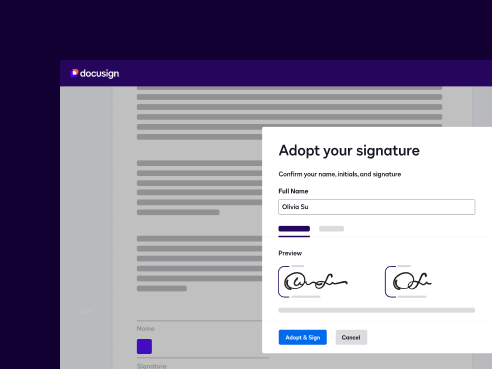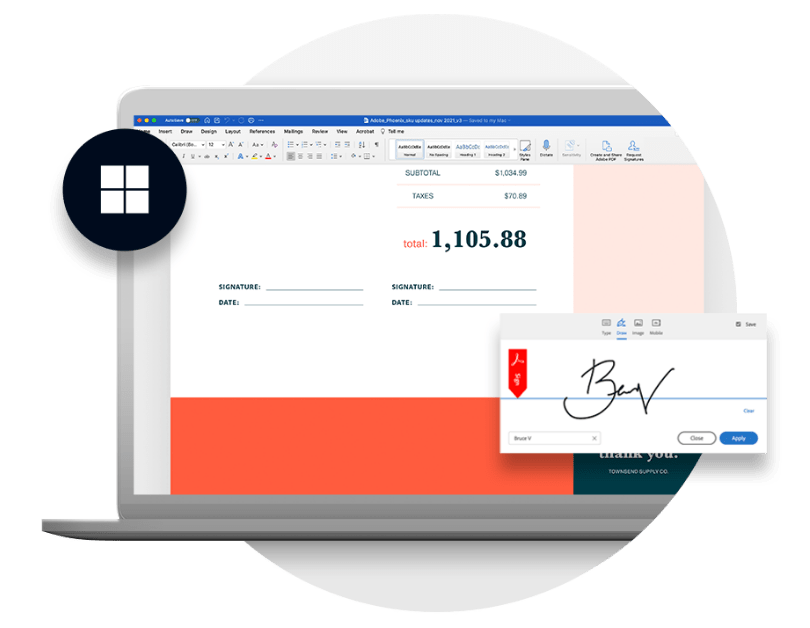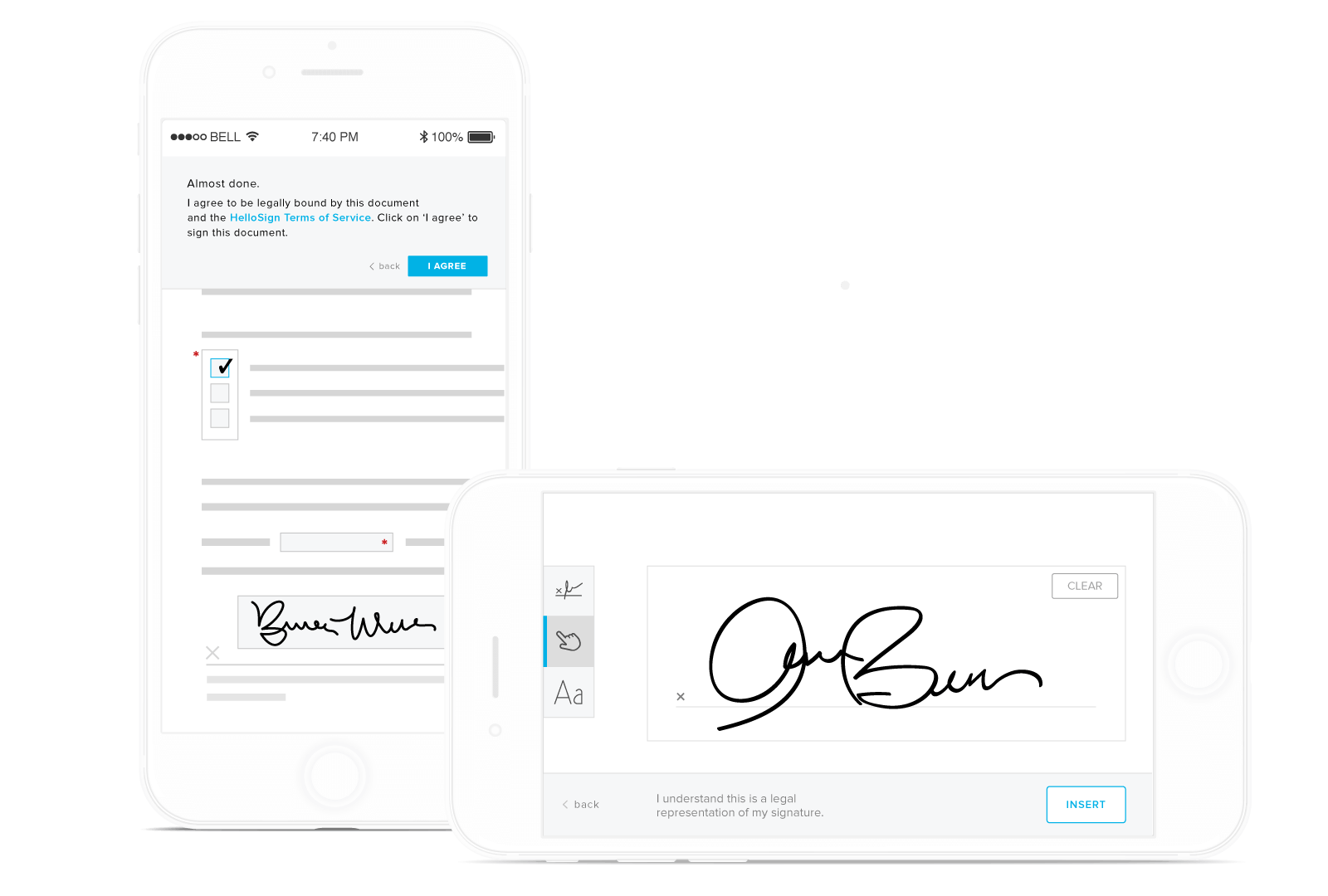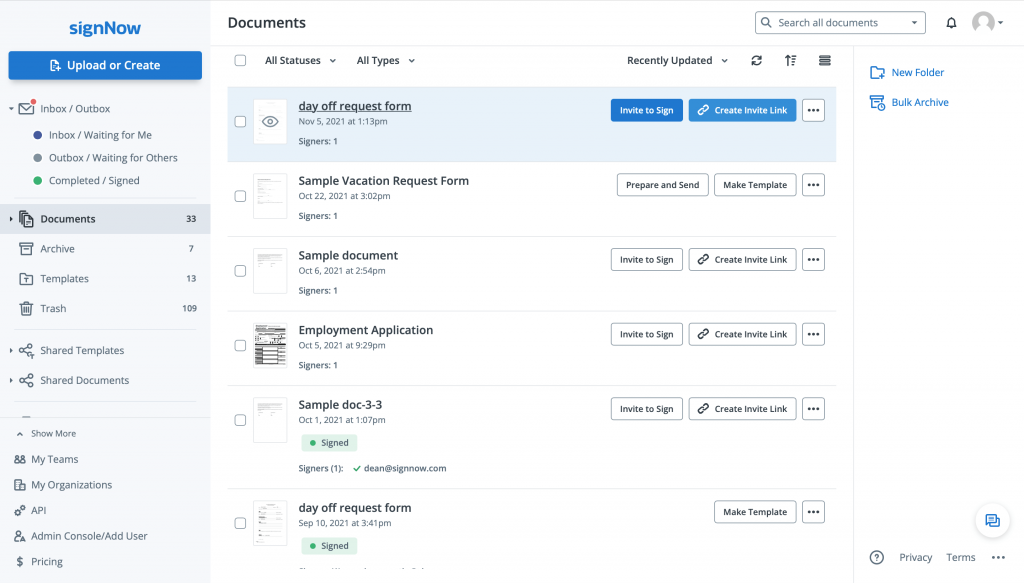There are many digital signature solution softwares and here we give you a look at the most interesting ones!

Digital transformation has led many companies to adopt technological solutions that optimize their processes. Among these, digital signatures have become a fundamental tool, enabling the secure and efficient validation of documents. In this article, you will learn about different types of digital signature software that you can implement in your organization to enhance security, efficiency, and the legality of your electronic transactions.
What is digital signature software?
Digital signature software is an electronic tool that allows users to sign documents digitally, ensuring the authenticity and integrity of the signature. Unlike conventional electronic signatures, digital signatures use cryptographic algorithms to guarantee that the document has not been altered after signing. Additionally, they offer a level of legal validation that complies with international regulations, such as eIDAS in Europe and ESIGN in the United States.
1. DocuSign: A leader in digital signature solutions
Key Features
Ease of use: DocuSign is one of the most well-known and widely used software solutions by businesses of all sizes due to its ease of integration and intuitive interface.
Robust integrations: It offers integrations with platforms such as Google Drive, Dropbox, Salesforce, and more.
Regulatory compliance: It adheres to international security standards, such as ISO 27001 and SOC 2.
Advanced security: Uses AES-256 encryption to secure signed documents.
Advantages
- Streamlines the signing process, eliminating the need for printing and physical shipping.
- Allows real-time tracking and auditing of signatures.
Why implement it? Ideal for companies needing a fast and scalable solution, DocuSign is perfect for those handling a high volume of contracts and legal documents.

2. Adobe Sign: Adobe's comprehensive solution
Key Features
Integration with other Adobe tools: If you already use Adobe products, such as Adobe Acrobat or Adobe PDF, Adobe Sign integrates seamlessly with them.
Workflow automation: Enables the creation of customized workflows so that digital signatures are part of a broader document management process.
Compliance with international regulations: Like other digital signature solutions, Adobe Sign complies with global electronic signature legislation, making it valid in over 180 countries.
Advantages
- Offers great customization and adaptability to internal processes.
- Very useful for companies already operating in the Adobe ecosystem.
Why implement it? Perfect for teams seeking not only a digital signature solution but also robust integration with other productivity and document management tools.

3. HelloSign: A digital signature solution for SMEs
Key Features
Simplicity and accessibility: HelloSign stands out for its ease of use, making document signing simple for anyone, regardless of technical expertise.
Custom templates: Allows the creation of customized templates for frequently signed documents, optimizing time.
Developer API: HelloSign offers a powerful API that enables businesses to integrate its digital signature service into their own platforms.
Advantages
- Ideal for small and medium-sized businesses needing an affordable and easy-to-use digital signature tool.
- Offers a free trial period and flexible pricing options.
Why implement it? HelloSign is perfect for companies looking for a cost-effective and user-friendly solution without compromising security or the legality of digital signatures.

4. SignNow: High security and functionality
Key Features
High customization: SignNow allows customization of digital signature workflows and the creation of personalized forms.
Advanced security: Includes multi-factor authentication and AES-256 encryption protection.
Support for large teams: Ideal for medium and large companies due to its ability to manage multiple users and permissions.
Advantages
- A more affordable option for large teams or companies handling a high volume of signatures.
- Offers an intuitive platform with great integration capabilities.
Why implement it? If your company handles a considerable number of documents for signing and needs a cost-effective solution with customization options, SignNow is an excellent choice.

5. Validated ID: High-security digital signature solution
Key Features
Strong authentication signature: Validated ID offers digital signatures with a high level of security, using advanced signature technology (AdES) and complying with European eIDAS regulations.
Regulatory compliance: Ensures signed documents are legally binding under the laws of different countries and regions, such as the European Union and the United States.
Corporate platform integration: Easily integrates into existing workflows and enterprise applications, such as CRM, ERP, and other document management platforms.
Advantages
- High security and compliance: Validated ID offers robust validation through multi-factor authentication (2FA) and uses advanced cryptography to ensure documents are not tampered with after signing.
- Easy to use for businesses: With a simple interface and quick implementation, it adapts to companies of all sizes.
Why implement it? Perfect for businesses needing a highly secure and legally compliant solution, especially in sectors such as finance, healthcare, and public administration.
The choice of digital signature software depends on the specific needs of your company. Whether you're looking for ease of use, security, customization, or cost-efficiency, solutions like DocuSign, Adobe Sign, HelloSign, SignNow, and Validated ID offer a range of options that can adapt to your requirements. By adopting one of these tools, you'll not only optimize your processes but also ensure legal security and compliance with international standards.


